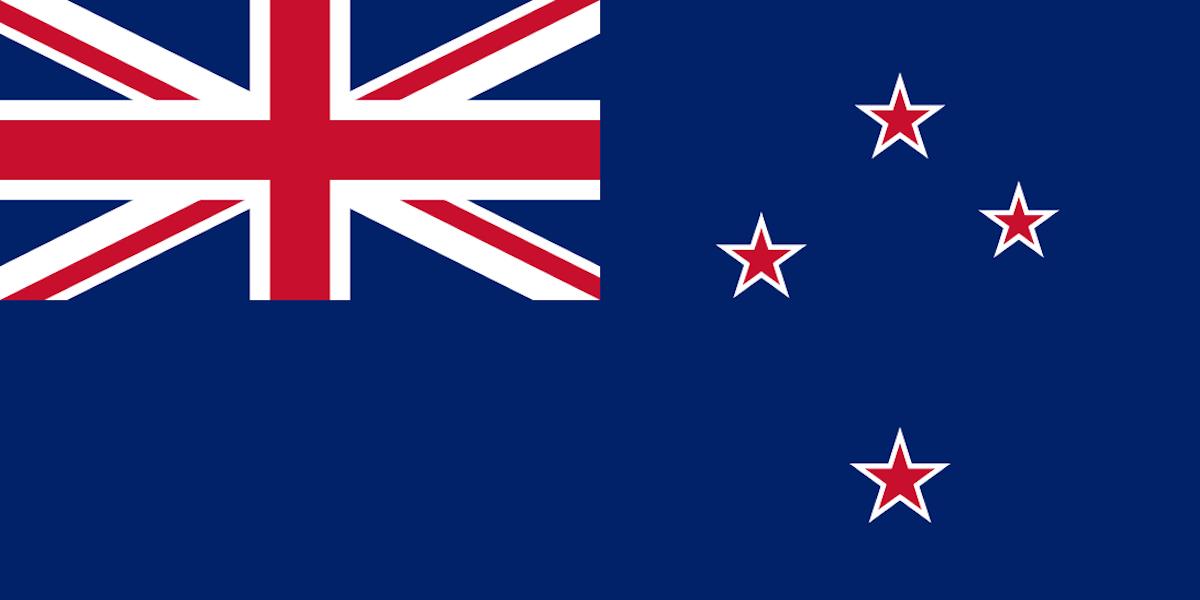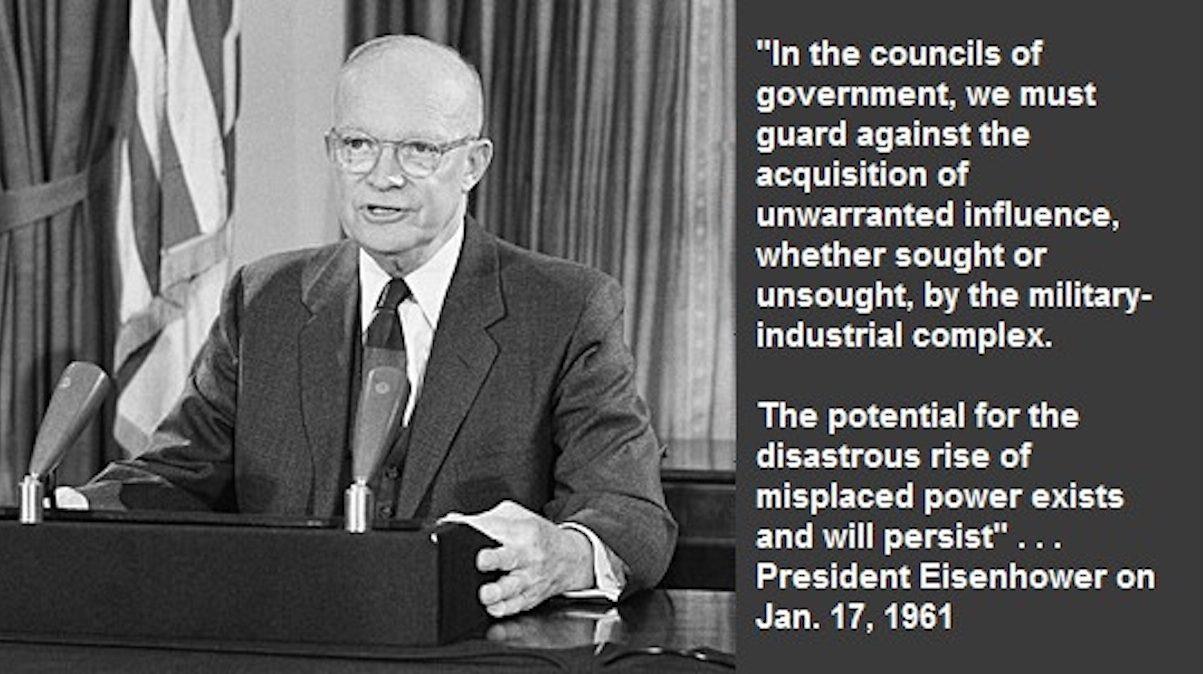
New Zealand: Lean Into A Role Bridging Superpowers, Small Islands
But now, as China's strategic competition with the United States and US allies intensifies, Wellington faces sharper choices and is being squeezed from both ends more than ever. It now sits uncomfortably between two poles, balanced on a perilous tightrope, as it seeks to
-
uphold its alignment with “like-minded” partners – Washington and Canberra;
preserve economic access to its largest trading partner – Beijing; and
maintain legitimacy among the Pacific Islands.
In this era of geopolitical flux, the challenge is not to choose sides as a follower in great-power rivalry, but to reassert New Zealand's role as a neutral mediator rooted in Pacific agency - bridging divides without letting outside powers dictate Pacific futures.
To understand Wellington's predicament, one must first see the larger pivot underway. China isn't merely constructing a parallel global order. It aspires to displace the US primacy - not through blunt conquest, but by recasting norms, co-opting institutions, and promoting its notion of a“community with a shared future for mankind (人类命运共同体).”
But as Eric Engle warns, this ambition rests on a house of cards:
-
China remains deeply dependent on international trade, energy imports and open sea lines;
its assertive diplomacy alienates neighbors; and
it tries to benefit from institutions it simultaneously undermines.
The central miscalculation is clear: that China can dismantle US influence without triggering economic blowback. Should the US pull back its strategic guarantees, or allies begin contesting Chinese influence more aggressively, Beijing's model might begin to strain.
In that scenario, middle powers like New Zealand would not just be observers – they would be frontline actors in reshaping the regional order.
The Pacific reset: island agency as strategic forceFor years Pacific states, courted by both Beijing (commitment through aid, infrastructure, and security pacts and Washington (lofty summit diplomacy and defense pledges to re-engage , often withlimited follow-through), have complained about their voices being drowned out by strategic competition.
The 2025 Pacific Islands Forum (PIF) was a moment of clarity. It underscored how Pacific leaders are demanding both recognition of their sovereignty and prioritized commitments to climate resilience, development, and security – on their own terms.
By barring external partners from parts of the agenda, the Pacific states forced a reset as a striking assertion of Pacific agency : island nations would set their own priorities, rather than serve as proxies in the chessboard logic of great-power friction.
China's enlarging footprint – through infrastructure financing, trade, and security agreements – has raised anxieties in Washington and Canberra. In response, the US has ramped up summitry with Pacific leaders and expanded aid commitments.
What the region needs is not another patron, but a partner willing to mediate – translating great-power ambitions into Pacific-relevant terms and ensuring sovereignty remains at the center of regional order.

Legal Disclaimer:
MENAFN provides the
information “as is” without warranty of any kind. We do not accept
any responsibility or liability for the accuracy, content, images,
videos, licenses, completeness, legality, or reliability of the information
contained in this article. If you have any complaints or copyright
issues related to this article, kindly contact the provider above.






















Comments
No comment